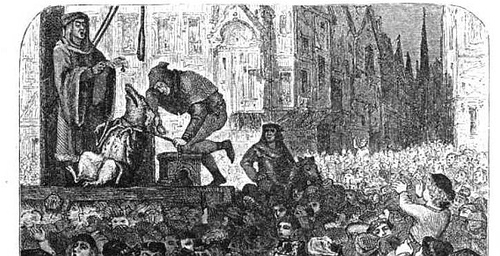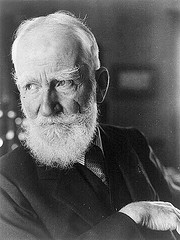James, Earl of Lonsdale, sent a Christmas pie to King George III, which contained 9 geese, 2 tame ducks, 2 turkeys, 4 fowls, 6 pigeons, 6 wild ducks, 3 teals, 2 starlings, 12 partridges, 15 woodcocks, 2 Guinea fowls, 3 snipes, 6 plovers, 3 water-hens, 1 wild goose, 1 curlew, 46 yellow-hammers, 15 sparrows, 15 chaffinches, 2 larks, 4 thrushes, 12 fieldfares, 6 blackbirds, 20 rabbits, 1 leg of veal, half a ham, 3 bushels flour, and 2 stones of butter. It weighed 22 stones, was carried to London in a two horse wagon, and if it was not as dainty as the celebrated pie containing four-and-twenty blackbirds, which, when the pie was opened, began to sing, it was, at all events, a ‘dish to set before the king.’
— Bizarre Notes & Queries, January 1886






